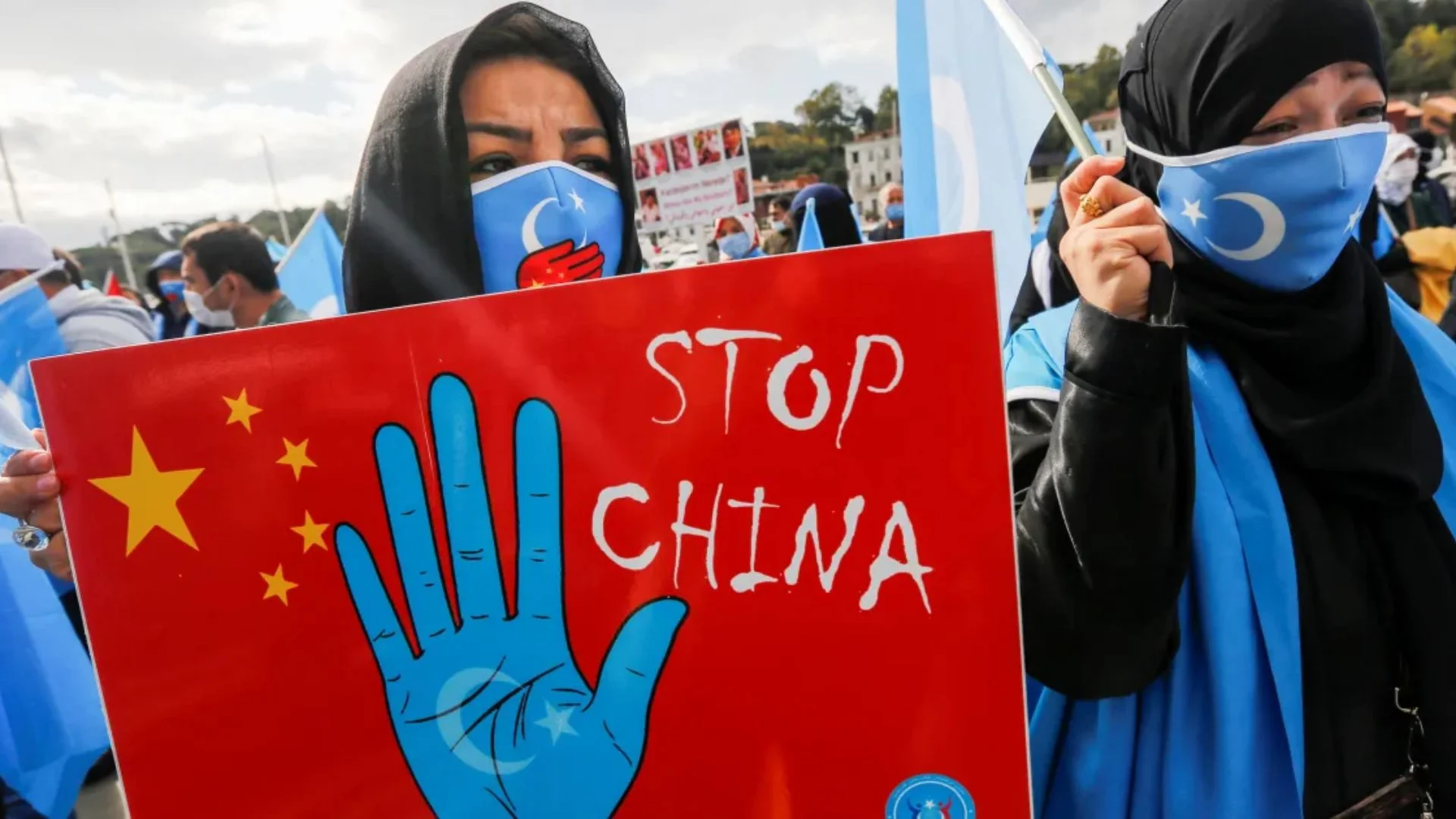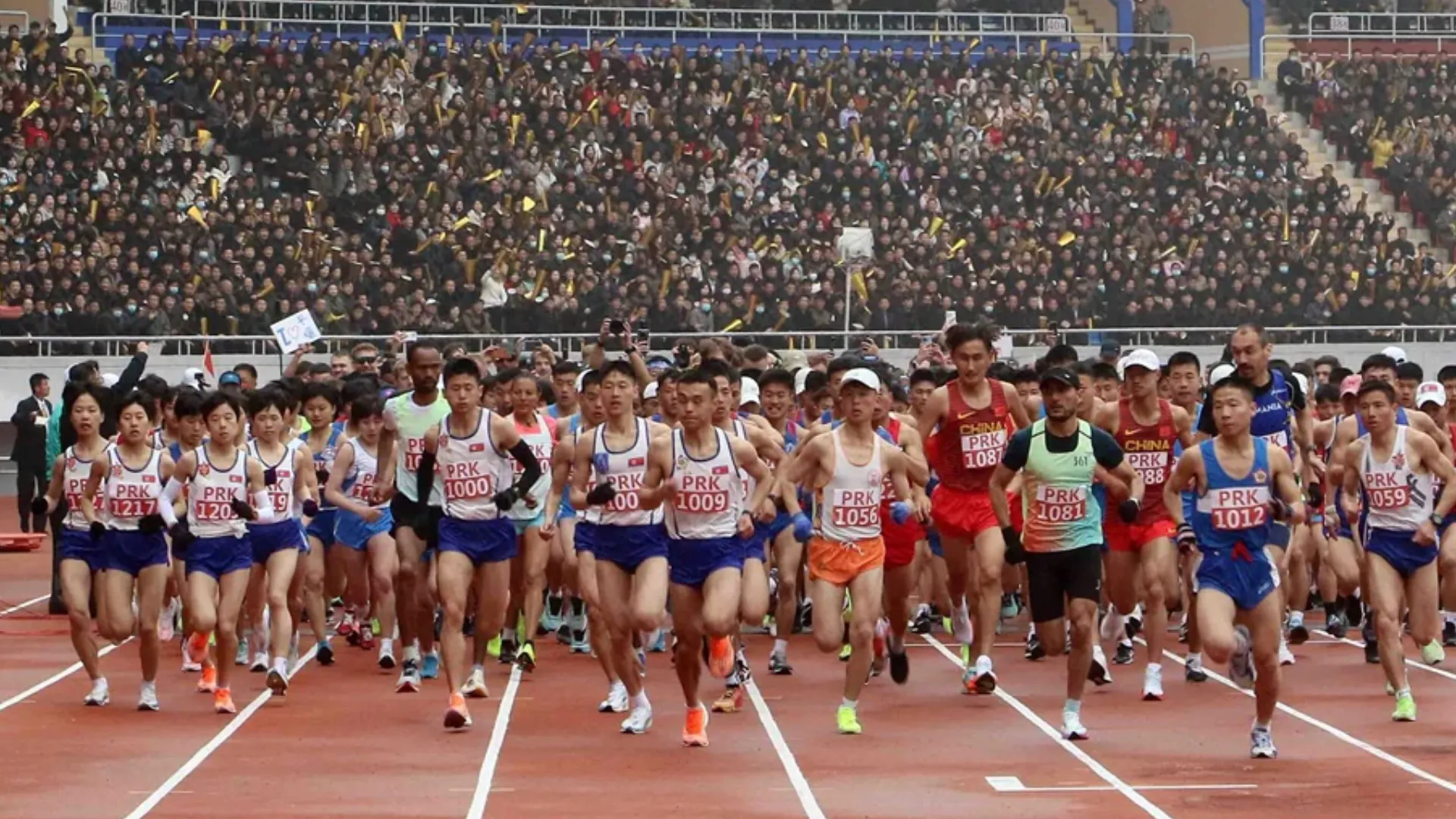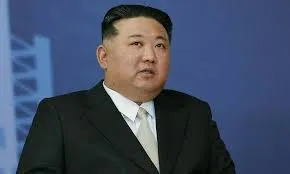On the second anniversary of a crucial UN report alleging potential crimes against humanity in China’s Xinjiang region, human rights organizations and the United Nations are pressing for concrete action. The report, released by then UN High Commissioner for Human Rights Michelle Bachelet on August 31, 2022, just minutes before her term ended, highlighted severe human rights abuses against Uyghurs and other Muslim minorities.
Victims and Advocates Express Frustration
For individuals like Yalkun Uluyol, the report initially sparked hope. Uluyol, a 30-year-old researcher living in Istanbul, had been searching for answers since his father’s disappearance in 2018. However, instead of finding relief, Uluyol later learned that his father had been sentenced to 16 years in a Xinjiang prison, a punishment he believes is tied to his Uyghur identity. “I was very happy when the report was out. But now I feel like, yes, you released a report, but so what? My life has not gotten any better. On the contrary, it’s been worse,” Uluyol told Reuters.
China has consistently denied any human rights abuses in Xinjiang, issuing a 131-page response defending its policies in the region. This week, Foreign Ministry Spokesperson Lin Jian reiterated that China fully protects the rights of all ethnic groups.
UN Under Pressure to Take Action
Uluyol’s frustrations reflect a broader sentiment among human rights advocates, who argue that China has failed to act on the UN report’s recommendations, which include releasing those arbitrarily detained in Xinjiang’s camps and prisons. He and others are urging current UN High Commissioner for Human Rights Volker Turk to intensify pressure on China, after months of diplomatic exchanges that have yet to produce significant results. “Saying ‘we are engaging with China’ has not been enough,” Uluyol said, expressing his concerns directly to Turk.
Prominent rights advocate Kenneth Roth criticized Turk’s approach as “timid,” while Maya Wang, Associate China Director at Human Rights Watch, called for the UN Human Rights Council to present a concrete action plan at its upcoming meeting in Geneva.
UN Response and Future Actions
The 2022 report suggested that the arbitrary and discriminatory detention of Uyghurs and other Muslims in Xinjiang might constitute an international crime. Although Turk, who assumed the role of High Commissioner after the report’s release, has repeatedly called for action, critics argue that more needs to be done. This week, Turk’s office acknowledged that “many problematic laws and policies remain in place” in Xinjiang and urged Chinese authorities to conduct a full review.
Supporters of Turk’s approach argue that he is balancing public criticism with private engagement, which could eventually lead to reforms. However, human rights groups continue to push for a stronger stance, demanding updates on the current situation in Xinjiang and a plan to hold those responsible accountable.









